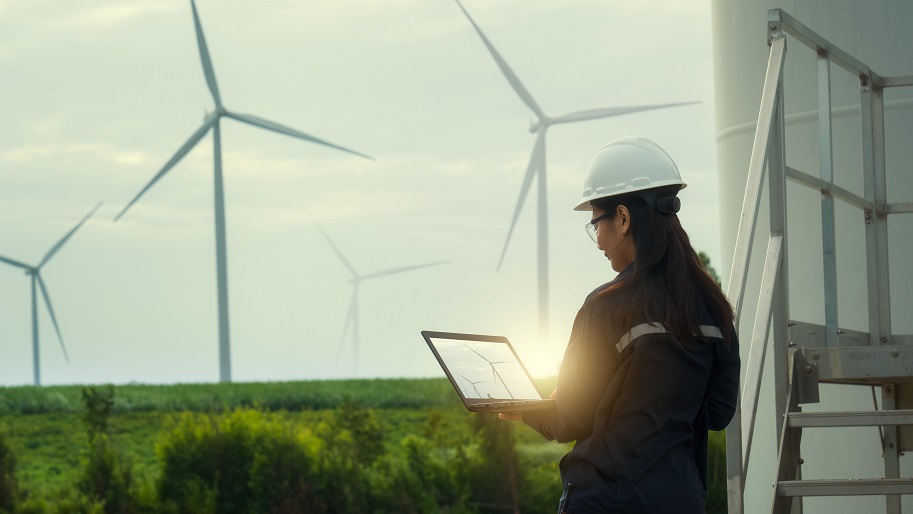DWIH Focus Topic 2022: Sustainable Innovations
 © Tunvarat Pruksachat/Getty Images
© Tunvarat Pruksachat/Getty Images
The German Centres for Research and Innovation (DWIH) have chosen “Sustainable innovations” as their focus topic for 2022 and will be highlighting how these are being driven forward in a process of international exchange.
Are there “limits to growth” as far as innovations are concerned? Published by the Club of Rome 50 years ago, this was the title of a widely read study of the dangers involved in rampant economic growth. It concluded that wanting “evermore” growth and production could not be the answer and that more sustainable and environmentally friendly approaches were needed. Increasingly, it is also no longer enough for innovations simply to be new or more productive.
As drivers of innovation, science and research-based industry need to work sustainably. Innovations can foster sustainability in a very concrete sense, for example when new solutions are found in the fight against climate change, or when resource-efficient methods of production are developed. At the same time, the question arises as to how politics, business and science can create a climate for innovation that will continue to produce ground-breaking developments in the long term.
A network for long-term exchange
“Sustainable innovations” is the 2022 focus topic of the German Centres for Research and Innovation (DWIH) in New York, São Paulo, Moscow, New Delhi, Tokyo and San Francisco. In their programmes, the DWIH demonstrate in particular the value of international exchange for innovation drivers in Germany and the respective host countries.
Further information about the choice of the DWIH focus topic for 2022 can be found on the DWIH network website.
The Indian government is specifically funding research focused on sustainable innovations. For example, Science and Technology Clusters are being established in six cities with a view to finding solutions to problems such as waste management, electric mobility and water supply. Sustainability is also playing a growing role in Indian start-ups: new approaches to research and technology are needed to respond to climate change and make more sustainable development possible through digitisation.
Indo-German collaboration for sustainability
Germany is a key partner for India in science and technology cooperation. Joint research is pursued in areas as diverse as innovative wastewater treatment, sustainable energy production or smart transport and traffic systems.
A stable innovation ecosystem is also vital when it comes to sustainable innovations. Among other things, the DWIH New Delhi supports research-based start-ups through a variety of formats and additionally focuses particularly on the technological potential offered by medium-sized companies. The DWIH has repeatedly stressed the contribution that research makes to the Sustainable Development Goals (SDGs) of the United Nations, illustrating how artificial intelligence can bring about advances in areas such as agriculture and healthcare.
